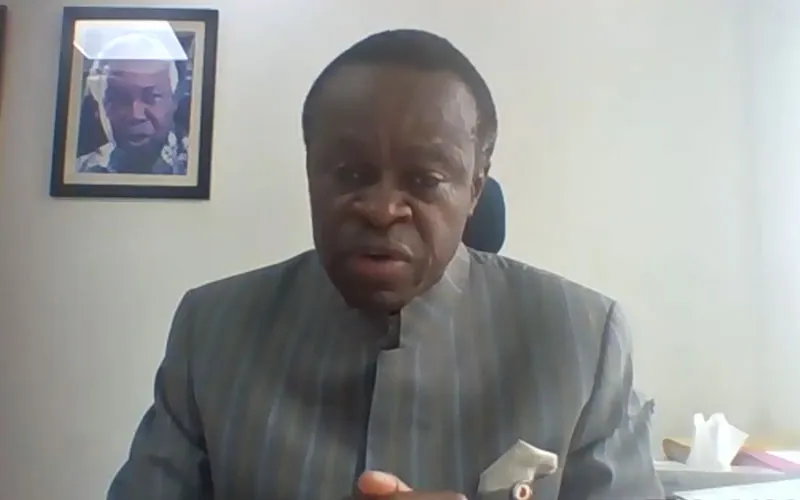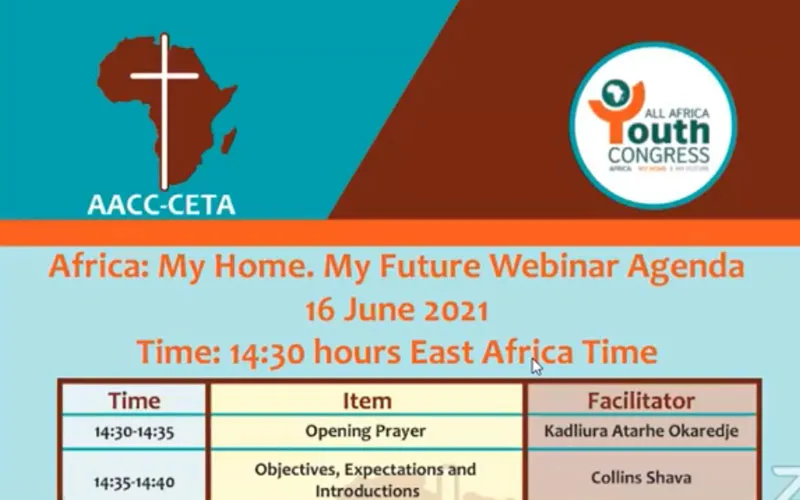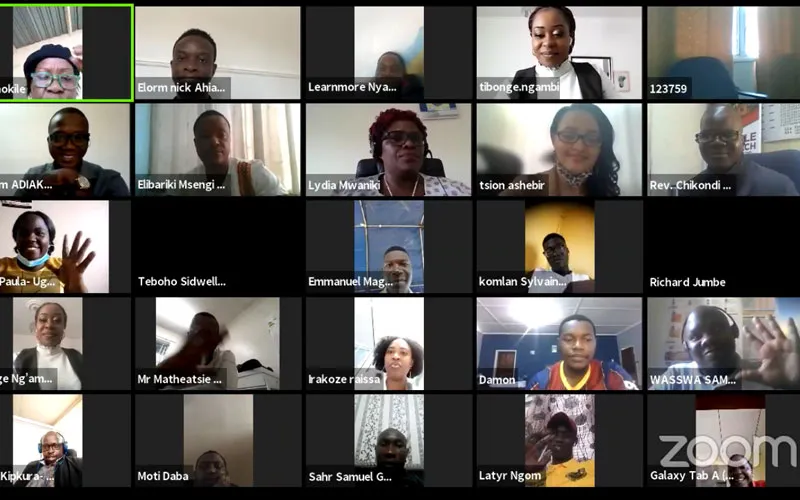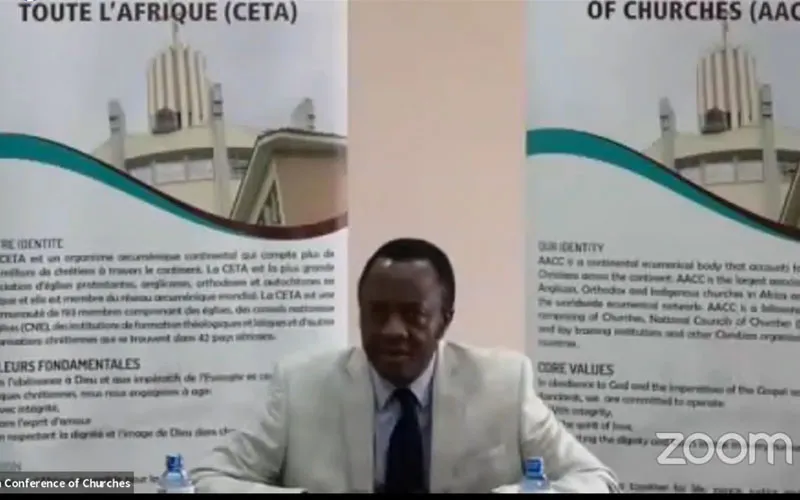Nairobi, 18 June, 2021 / 7:30 pm (ACI Africa).
On the annual event of the International Day of the African Child (DAC), young people across the continent have been challenged to take up leadership roles and reclaim their position in global socio-political and economic space.
In a Wednesday, June 16 webinar organized by the All Africa Conference of Churches (AACC), an ecumenical fellowship with a presence in more than 40 African countries, a call was made to young people in Africa to embark on the journey of transforming the continent as Africa’s population continues to rise.
In the Keynote speech, Kenyan law professor and scholar Patrick Loch Otenio (PLO) Lumumba cautioned the youth in Africa against yielding to frustrations that they have been subjected to by leaders who have failed to empower them economically.
“Young people across the continent have been subjected to immense frustrations because of what is taking place in many countries. African youth today have had to deal with problems ranging from joblessness, economic adversities to peace instability,” says the law professor, citing the prevailing insecurity situation in Ethiopia’s Tigray region, Mozambique, Democratic Republic of Congo (DRC) and countries in the Sahel region.











